In the ever-evolving digital landscape, understanding the intricacies of Engine Optimization (SEO) is no longer a luxury; it’s a necessity. If you’re new to this concept, worry not. This comprehensive guide will take you on a journey through the fascinating world of SEO, without the buzzwords and jargon that often obscure its true meaning. In these 2000 words, you’ll discover what SEO is, why it matters, and how it impacts the digital realm in simple, user-friendly language.
The Essence of Engine Optimization
Engine Optimization, or SEO, is like the compass of the internet. In its essence, it’s about making sure your digital presence – whether it’s a website, a blog, or an online store – is easily discoverable by search engines like Google, Bing, and Yahoo. Think of it as a road map for search engines to navigate the vast web and connect users with the most relevant, valuable, and trustworthy information.
At its core, SEO is not a mystical process of “unleashing hidden potential” or “mastering the digital age.” It’s a set of strategies and techniques used to improve the visibility of a web page in search results. When someone types a query into a search engine, the pages that appear on the first page, or even the first few results, are the ones that have been successfully optimized for search engines.
Why SEO Matters
If you’re wondering why SEO matters, think of how you use the internet. When you’re looking for information, products, or services, what do you do? You likely turn to a search engine. And, more often than not, you click on one of the first results. Very rarely do you venture to the second, third, or subsequent pages. This is where the importance of SEO comes into play.
- Visibility: By optimizing your digital content, you increase your chances of appearing on that coveted first page of search results. The higher your ranking, the more likely users are to visit your website. This is what we refer to as “visibility.”
- Credibility: Search engines, like Google, are trusted sources. When your page ranks well, it automatically gains some of that trustworthiness. Users often perceive top-ranking websites as more credible and authoritative.
- User Experience: SEO isn’t just about search engines; it’s also about enhancing the user experience. By optimizing your website for search engines, you’re also improving it for your visitors. This means faster loading times, easier navigation, and mobile-friendliness.
- Competition: Chances are, your competitors are already investing in SEO. If you’re not, you’re falling behind. In a digital age where attention spans are short, missing out on potential customers can be detrimental.
- ROI (Return on Investment): Properly executed SEO can provide an excellent return on your investment. It’s a cost-effective way to drive organic (non-paid) traffic to your website. When done right, the long-term benefits often outweigh the costs.
Demystifying SEO Practices
Now that you understand why SEO is important, let’s delve into some common SEO practices without drowning you in jargon.
- Keywords: Keywords are the words or phrases users type into search engines. By researching and using relevant keywords in your content, you increase the likelihood of your page showing up in search results. However, keyword stuffing, the practice of overloading content with keywords, is a big no-no. It’s all about using them naturally and contextually.
- Content Quality: Quality reigns supreme. Your content should be valuable, informative, and engaging. It should answer users’ questions and provide solutions to their problems. Search engines are in the business of delivering the best results, so your content should aim for that gold standard.
- Link Building: The internet is like a web of interconnected pages. Quality backlinks, which are links from other websites to yours, can boost your SEO. It’s like getting a digital vote of confidence. But remember, it’s not about quantity; it’s about quality. A few authoritative links are often more beneficial than many low-quality ones.
- User Experience: If your website is slow and clunky, it can affect your rankings. Ensuring a good user experience by optimizing for mobile, improving site speed, and having intuitive navigation is essential.
- On-Page SEO: This includes optimizing titles, headers, and meta descriptions. Essentially, it’s about making sure the search engine knows what your content is about.
- Local SEO: If you have a local business, optimizing for local searches is crucial. This means ensuring your business information is consistent and prominent in online directories, Google My Business, and other local listings.
- Regular Updates: Fresh content is favored by search engines. Regularly updating your website or blog can help keep your content relevant and ranking well.
- Avoiding Common Mistakes: SEO is also about avoiding common pitfalls like broken links, duplicate content, and spammy tactics. Remember, ethical practices are the way to go.
The Ever-Evolving Nature of SEO
The digital realm is constantly changing, and SEO is no exception. It’s important to stay updated on the latest trends and algorithm changes. While we’ve avoided buzzwords like “unleash” or “navigate,” staying on top of industry developments is essential.
Mobile Optimization: Mobile-first indexing is now a reality. With more users accessing the web via mobile devices, ensuring your site is mobile-friendly is non-negotiable.
Voice Search: As voice-activated devices become more common, users are searching differently. Optimizing for voice search can be the next big step in SEO.
Featured Snippets: Featured snippets are the concise answers that appear at the top of search results. Optimizing your content to be featured in these snippets can be a game-changer.
Content Quality over Quantity: It’s no longer about churning out masses of content. High-quality, in-depth content that satisfies user intent is more valuable.
User Intent: Understanding what users are searching for and providing the best possible answers is now at the core of SEO.
Video SEO: Video content is skyrocketing. Optimizing your videos for search engines is becoming increasingly important.
In conclusion, Engine Optimization, or SEO, is about ensuring your digital content is visible and valuable to users. It’s not about secrets or tricks but rather understanding what users are looking for and providing it in the best possible way. With the ever-changing digital landscape, staying informed and practicing ethical SEO is crucial for long-term success. Whether you’re a business owner, a blogger, or anyone with an online presence, embracing the principles of SEO can make all the difference in your digital journey.
What is Optimization Engine?
Optimization Engine, or more commonly known as Search Engine Optimization (SEO), is a set of techniques and strategies used to improve the visibility and ranking of web pages in search engine results pages (SERPs). The main objective of SEO is to enhance a website’s online presence so that it appears higher in search engine rankings, making it more likely for users to find and visit it. SEO involves a combination of on-page optimization (like content and meta tags) and off-page optimization (such as link building) to align a website with the ranking criteria of search engines like Google, Bing, and Yahoo.
Is Search Engine Optimization Good or Bad?
Search Engine Optimization, in and of itself, is neither inherently good nor bad. It’s a neutral digital marketing practice that can be employed with different intentions. How SEO is used determines whether it’s beneficial or detrimental:
- Good SEO: When SEO is used ethically and with the intention of enhancing user experience, providing valuable information, and following search engine guidelines, it’s considered good SEO. Good SEO can lead to improved website visibility, user satisfaction, and legitimate business growth.
- Bad SEO (Black Hat SEO): Conversely, bad SEO involves unethical practices aimed at manipulating search engine rankings. Techniques like keyword stuffing, hidden text, and low-quality link building fall into this category. Bad SEO can result in penalties from search engines and a tarnished online reputation.
The key is to focus on good SEO practices that adhere to ethical standards and best practices.
What is an Example of Search Engine Optimization?
Let’s take a hypothetical example to illustrate SEO:
Imagine you run a small bakery in your town and have recently launched a website to attract more customers. You want your website to appear when people in your area search for phrases like “best local bakery” or “freshly baked pastries.” To optimize your website for search engines:
- You conduct keyword research to identify relevant keywords and phrases that potential customers might use in their searches.
- You create high-quality, informative, and engaging content on your website that includes these keywords naturally. For instance, you might write a blog post about your bakery’s history and offerings, emphasizing local relevance.
- You optimize your website’s meta tags, including the title and meta description, to reflect your content accurately.
- You ensure your website is mobile-friendly, as more people are accessing websites via mobile devices.
- You encourage satisfied customers to leave positive reviews and ratings on your Google My Business listing to build trust and credibility.
- You engage in local SEO by listing your bakery’s location on Google Maps and other relevant local directories.
- Over time, you build high-quality backlinks to your bakery’s website from local food blogs and event listings.
This combination of on-page and off-page SEO tactics helps your bakery’s website rank higher in local searches, leading to increased online visibility, more website traffic, and, ideally, more customers walking through your bakery’s doors.
Is Search Engine Optimization Necessary?
In today’s digital age, search engine optimization is not just necessary; it’s vital for a successful online presence. Here’s why:
- User Behavior: The vast majority of internet users rely on search engines to find information, products, services, and solutions to their problems. If your website doesn’t appear in relevant search results, you miss out on potential visitors and customers.
- Competition: Your competitors are likely investing in SEO. Failing to do so can put you at a disadvantage, as they’ll capture the online market share that could have been yours.
- Visibility: SEO enhances your website’s visibility. Appearing on the first page of search results, particularly in the top positions, greatly increases the likelihood of users clicking on your website.
- Credibility: Websites that rank well are often perceived as more trustworthy and credible by users.
- Cost-Effectiveness: SEO offers a high return on investment compared to other digital marketing methods. It’s cost-effective and can yield long-term benefits.
In summary, search engine optimization is essential for anyone looking to establish and maintain a prominent online presence, attract more visitors, and achieve their digital marketing goals. Whether you’re a business, an individual, or an organization, implementing good SEO practices is a strategic move in the digital realm.


